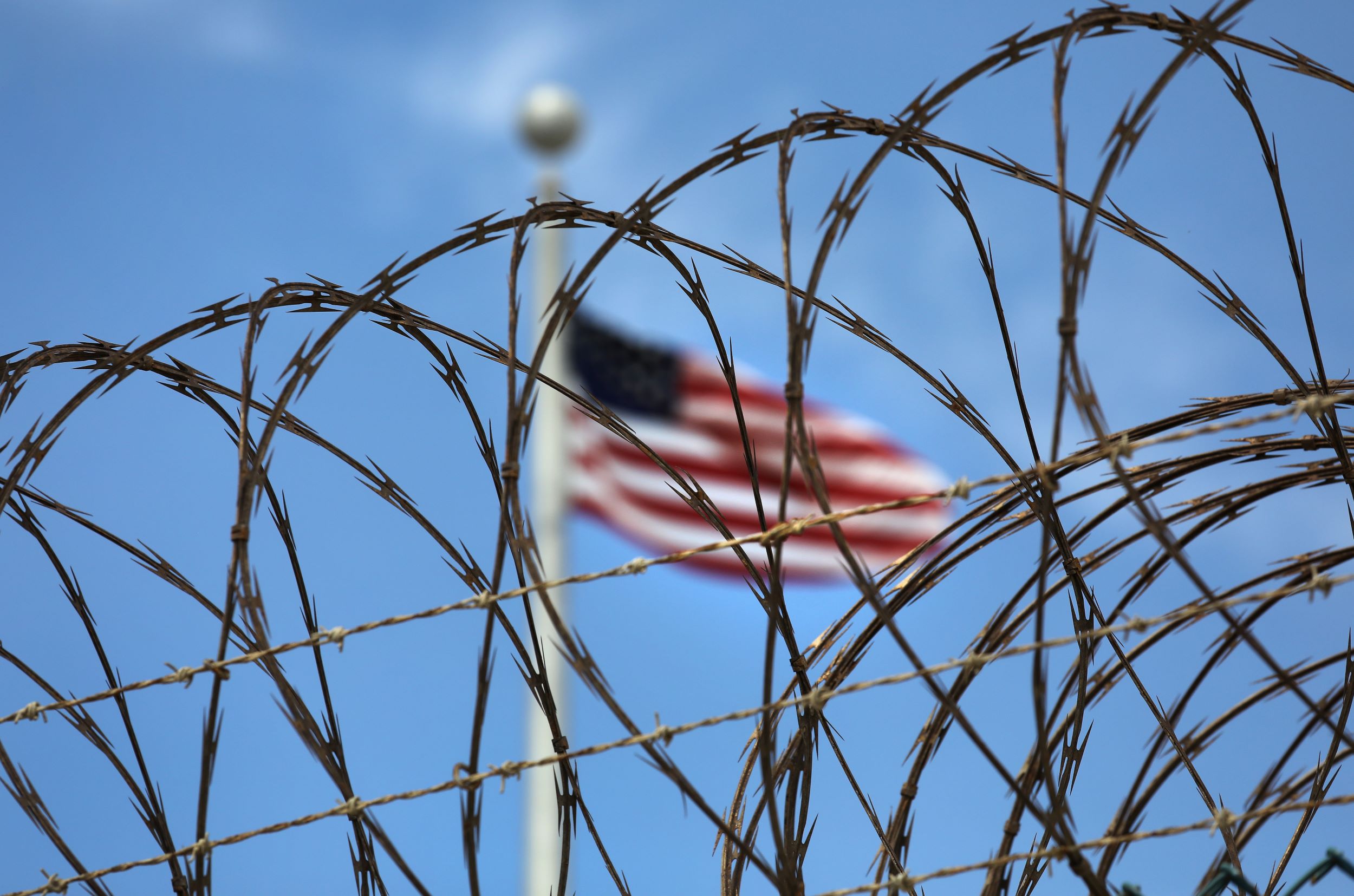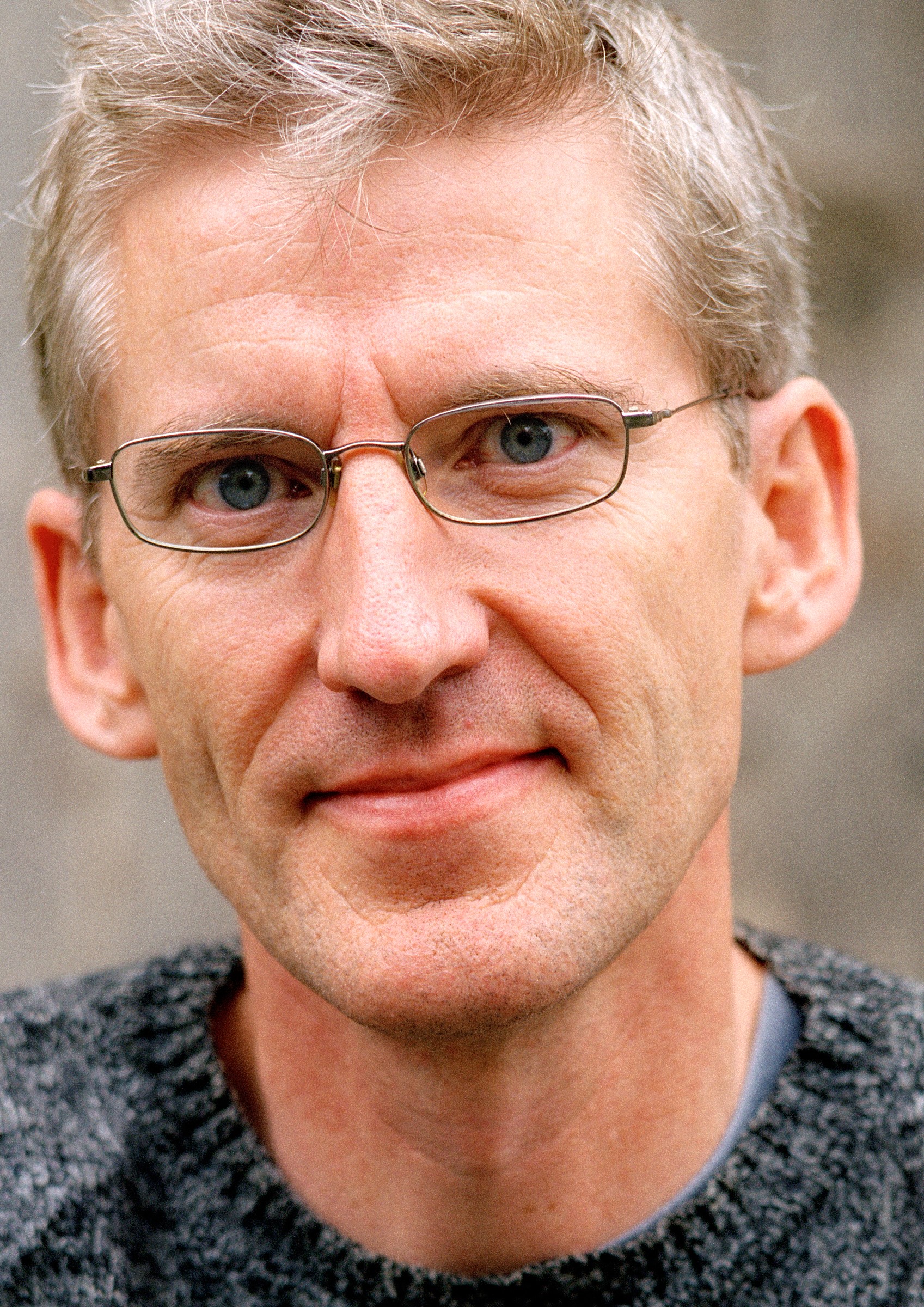It has ever been the case that when a journalist reports crimes by a despot, militant group or even, these days, a so-called democratic state, he is liable to be labelled a criminal.
One of the early ironies in 2022 must be that Bilal Abdul Kareem, an American journalist deemed by the US to be such a dangerous terrorist that he merits assassination-by-drone, is this week launching a new initiative to bring human rights to the war-torn wasteland of Syria.
Bilal has, along with a number of allies, created a new organisation called Istiqama which denotes a blend of integrity, honesty and justice. Their “Prisoner’s Covenant” which proposes rules compliant with various UN conventions to bind the actions of Hay’at Tahrir al-Sham (HTS), the Islamist militant group holding sway over the area around Idlib.
I find myself representing too many journalists these days – in Guantánamo, one of my clients was Sami el Haj, who was interrogated endlessly about his work with Al Jazeera, rather than any terrorist activity. Meanwhile Bilal is the main mover behind On the Ground News (OGN) in Syria.
The common thread stitching Sami and Bilal together is that where journalism questions the American narrative in our Post-9/11 world, the journalist is deemed a “terrorist” himself. “Either you are with us or you are with the terrorists,” as President George W Bush announced on September 20, 2001.
The Iraq War was advertised as a modern crusade to liberate the people from Saddam Hussein, and put a stop to his nuclear ambitions. Al Jazeera told some unhappy truths about what was happening, and in some Western eyes that made the station a latter-day Josef Goebbels for terror. Indeed, the British Home Secretary at the time that Al Jazeera’s office in Bagdad was bombed publicly said as much.
Sami was a victim of this and, ultimately, when we freed him from Guantánamo, he recognised that he had to lead a new Human Rights Bureau for the station, fighting for others to receive the legal rights he had been denied.
Bilal has continued this tradition of reporting from the front lines, where the “Arab Spring” in Syria is the step-child of the “Arab Spring” in Iraq. This is not the democracy and freedom the West promised, but chaos created by proxy wars between the US and Russia, with little thought given to the people who must live through it. Thus Bilal founded OGN, “committed to delivering accurate English language news to a Western audience regarding the Syrian crisis.”
Yet “accurate news”, at least through Bilal’s eyes, is not what Western governments want to hear. Hence, in 2016, many believe the US targeted him for assassination at least five times. This was an extraordinary departure from human rights norms, essentially the death penalty without trial. We can never know for sure – the US won’t admit publicly what they are doing and why – but it seemed that Bilal was presumed guilty of being a propaganda agent for HTS.
Because the Western narrative seeks to preclude the possibility that the West tramples on human rights, the journalist who reports instances of Western torture and abuse is tarred a terrorist
I must declare a professional interest here: I was one of the lawyers who brought suit against then-President Donald Trump on Bilal’s behalf. Our initial demand was not even that they should stop trying to kill him; we just wanted them to state what he was supposed to have done wrong, so that we would have the chance to prove his innocence. The Trump Administration resisted vigorously, saying this was all secret, a matter of national security. They ultimately prevailed in court but our litigation cooled their heels, and they have not tried to kill Bilal in more than five years.
Yet the threat to journalists comes from all sides. HTS, far from seeing him as a cosy extremist ally, arrested him for publishing information about their mistreatment of prisoners. When he was a prisoner himself, Bilal was denied basic legal rights. As his lawyer, I found myself negotiating with the HTS public relations officer to ensure Bilal’s humane treatment. Eventually they let him go.
It has ever been the case that when a journalist reports crimes by a despot – or by a group like HTS – he is liable to be labelled a criminal and (if he is lucky) locked away in Sednaya, the military prison outside Damascus, after a farcical trial. One of my pitches to the HTS authorities has been that, if they want any legitimacy in the wider world, they need to adopt some basic legal principles.
It used to be that Western countries would decry the injustice. Yet Bilal’s history, along with Sami’s, illustrates how endangered journalists are in the wake of 9/11. Because the Western narrative seeks to preclude the possibility that the West tramples on human rights, if the journalist reports instances of Western torture and abuse, he is tarred a terrorist. He is then rendered to Guantánamo, where he loses all his rights; or he is turned into a “bugsplat” by an American Hellfire missile.
Journalists must therefore now fight for their own rights, as well as those of others. Sami and I have often discussed his plans with Al Jazeera. Bilal ran Istiqama’s Covenant by me before it was finalised. I made a few suggestions, and if HTS could be persuaded to adopt the Covenant it would be a great leap forward.
To be sure, there are a few elements with which I cannot agree – for example, Bilal feels unable to call for the elimination of the death penalty. Yet how can any American be too critical when we retain capital punishment ourselves in 28 of the 50 states, along with the federal government? Perfection is often the enemy of the good, and we must take steps forward even when we cannot immediately reach our final goal.
“No one from HTS even talks about the Islamic justice that was promised to the Syrian people. It seems that was nothing more than an empty promise from HTS leader Abu Mohammed al-Jolani,” says Bilal, seemingly still intent on irritating the local authorities. "The Prisoner's Covenant enshrines the rights of detainees: No torture, no torture confessions and no indefinite detention.”
Thus Bilal and Istiqama present an early irony in 2022: the supposed terrorist presenting a human rights Covenant that will, if adopted, make HTS more compliant with international law than the US Government. If Bilal succeeds here, I hope he will turn both his camera and his persuasive powers on President Joe Biden.
Clive Stafford Smith is a human rights lawyer
The views expressed in this article are the author’s own and do not necessarily reflect Al Jazeera Journalism Review’s editorial stance




















![Palestinian journalists attempt to connect to the internet using their phones in Rafah on the southern Gaza Strip. [Said Khatib/AFP]](/sites/default/files/ajr/2025/34962UB-highres-1705225575%20Large.jpeg)




















